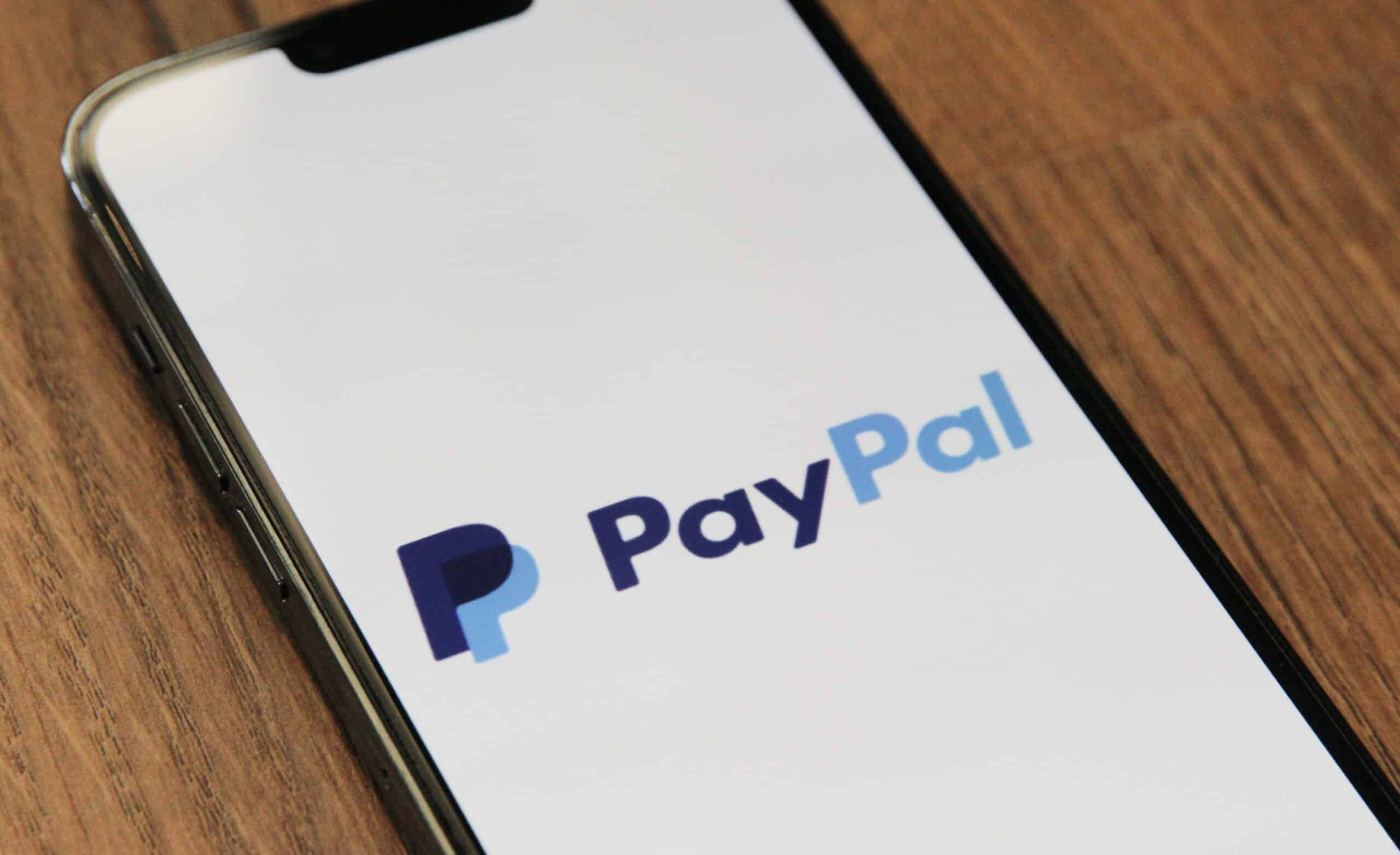Payments giant PayPal announced on Monday the launch of a new stablecoin, dubbed PayPal USD (PYUSD), built on the Ethereum blockchain.
This is the Ethereum contract address for PayPal's stablecoin.
I can't believe i get to tweet that.
We've come so far. pic.twitter.com/S6kSqcV4ut
— RYAN SΞAN ADAMS – rsa.eth 🦄 (@RyanSAdams) August 7, 2023
The stablecoin will be pegged to the value of the U.S. dollar and will be fully backed by U.S. dollar deposits, short term Treasuries and similar cash equivalents.
“The shift toward digital currencies requires a stable instrument that is both digitally native and easily connected to fiat currency like the U.S. dollar,” said Dan Schulman, president and CEO of PayPal in a statement.
PYUSD utilizes Ethereum’s ERC-20 token standard and can be exchanged for other cryptocurrencies on PayPal. The stablecoin will be issued by Paxos Trust, which is subject to regulatory oversight by the New York State Department of Financial Services (NYDFS).
PayPal, which has more than 430 million active users, first offered users the ability to trade cryptocurrencies like Bitcoin, Ethereum, Bitcoin Cash and Litecoin through its platform in 2020. However, the company had put its plans to bring its own stablecoin to market on hold earlier this year, after the NYDFS began a probe into Paxos.
“This announcement is a clear signal that stablecoins – if issued under a clear regulatory framework – hold promise as a pillar of our 21st century payments system,” commented U.S. House Committee on Financial Services Patrick McHenry.
Meanwhile, blockchain proponents believe that the development is a step in the right direction for the wider crypto industry on its path towards more mainstream adoption.
“Ethereum is slowly but surely becoming a global settlement layer for all types of value,” tweeted Ethereum advocate Anthony Sassano.
Sassano also addressed several criticisms raised by smart contract auditors, who took issue with some of the design choices in PYUSD’s smart contract which comes with functions that allow for wiping a user’s entire balance.
The new Paypal USD stablecoin has an "assetProtection" role which can wipe your balance in two transactions (first `freeze`, then `wipeFrozenAddress`)
In smart contract security we call this a "centralisation attack vector" pic.twitter.com/RsmqvsnKvi
— pashov (@pashovkrum) August 7, 2023
“Yes, PayPal’s stablecoin is centralized. No, that doesn’t make it any less cool that PayPal has a stablecoin. Ethereum being a settlement layer for all types of value means that different types of assets will exist on the network & you get to choose which ones you want to use,” said Sassano.



